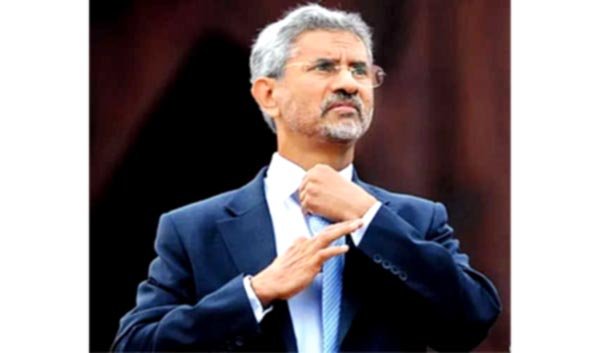New Delhi, June 28 (UNI) External Affairs Minister S Jaishankar will lead the Indian delegation at the Shanghai Cooperation Organisation (SCO) Summit in Astana, Kazakhstan, next week.
Ministry of External Affairs spokesperson Randhir Jaiswal made the announcement at his weekly media briefing here.
“The Indian delegation at the SCO will be led by External Affairs Minister S. Jaishankar. The SCO Summit is from July 3-4, in Astana, Kazakhstan,” the spokesperson said.
On June 25, Prime Minister Narendra Modi had a telephone conversation with Kazakhstan President Kassym-Jomart Tokayev during which he conveyed India’s full support for the success of the upcoming SCO Summit in Astana.
PM Modi in a post on X said that he thanked the Kazakh President for the warm wishes on the success of the elections.
“Had a good conversation with President of Kazakhstan H.E. Kassym-Jomart Tokayev. Thanked him for warm wishes on the success in the elections. Reiterated the commitment to advance our Strategic Partnership with Kazakhstan. Conveyed India’s full support for the success of the upcoming SCO Summit.”
Notably, at the SCO Foreign Ministers Meeting in Astana on May 21, India was represented by Dammu Ravi, Secretary (Economic Relations) in the Ministry of External Affairs. India was in the midst of the 2024 general elections at the time.
The heads of the SCO member states will discuss political, trade, economic, cultural and humanitarian cooperation during the Astana summit.
Established in 2001, the SCO initially included Kazakhstan, China, Kyrgyzstan, Russia, Tajikistan and Uzbekistan as member states. Over the years, its sphere of influence widened significantly, and in 2017 India and Pakistan became member states.
Iran became a new permanent member at an India-hosted virtual summit of the grouping in July last year.
Afghanistan, Belarus and Mongolia are observer states, while Armenia, Azerbaijan, Cambodia, Nepal, Sri Lanka, and Turkey are “dialogue partners”.
The SCO nations represent a substantial portion of the Asian continent, contributing 30% of the world’s GDP and comprising 40% of the global population.











